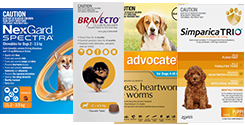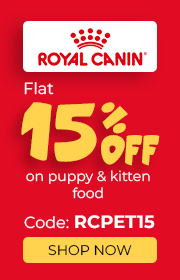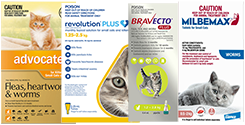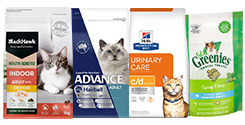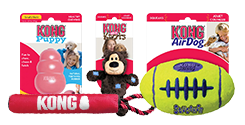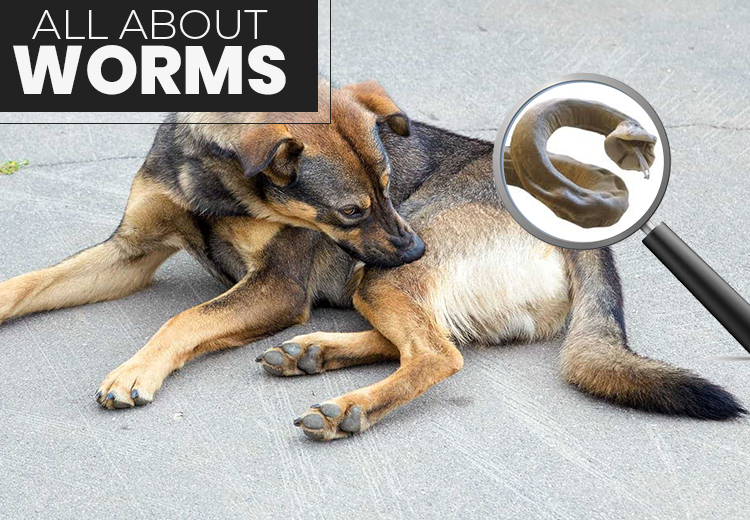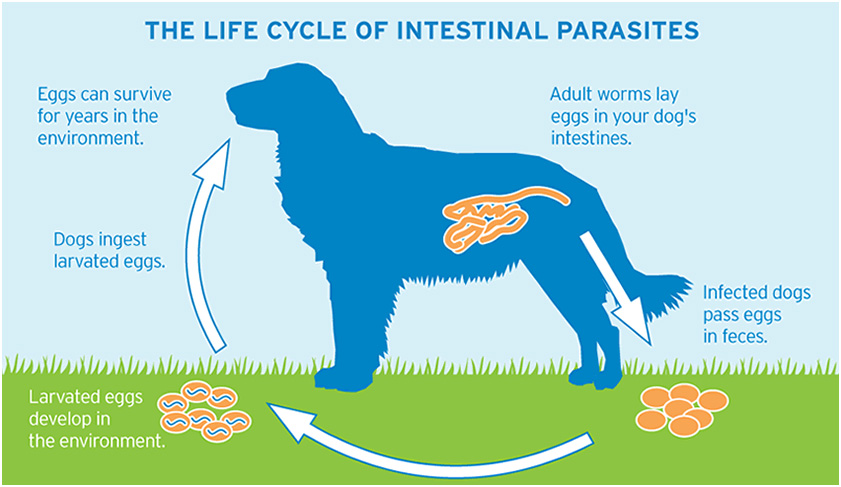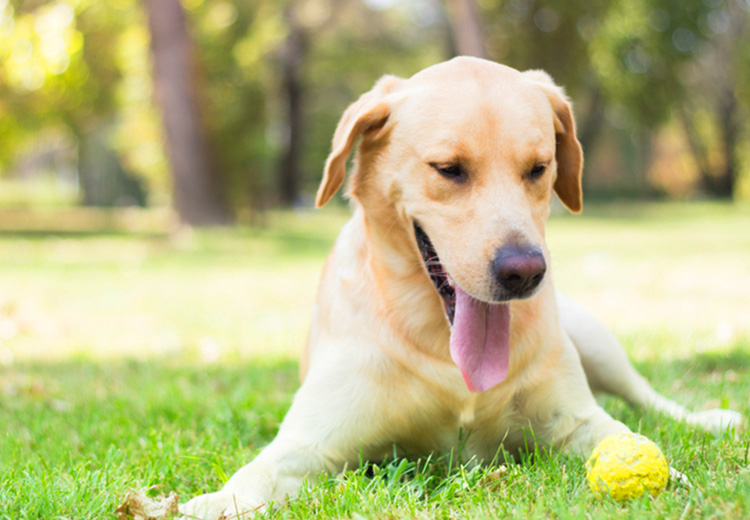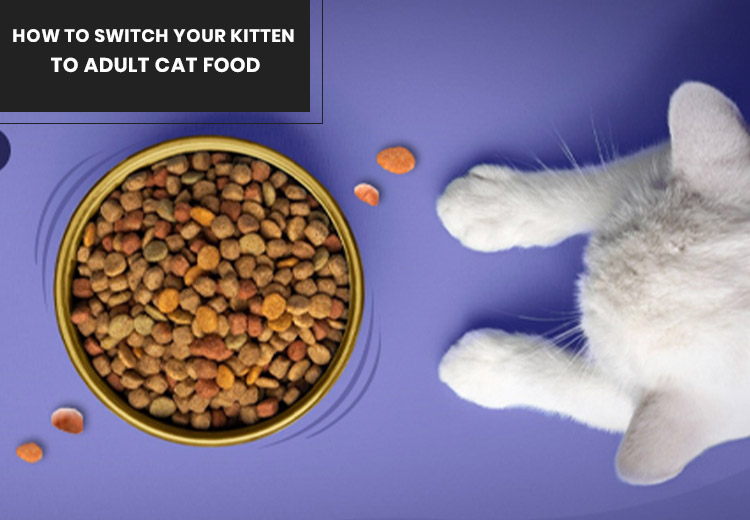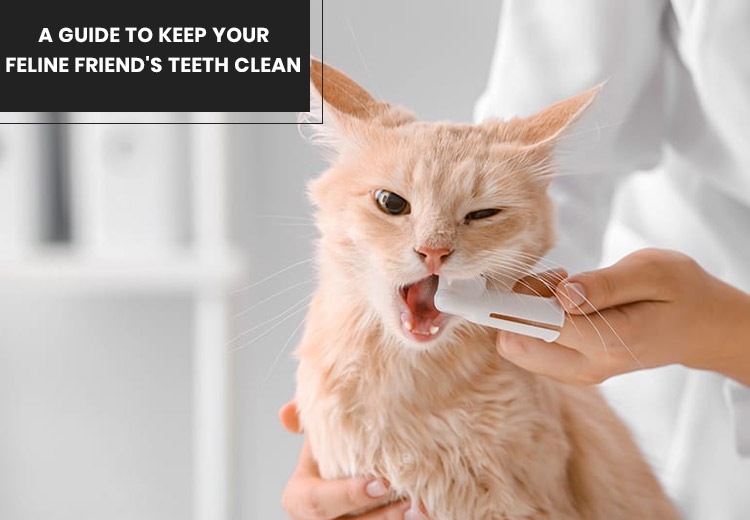Dog and cat intestinal worms can cause disease not only in pets, but also in the people who love and care for them every day.
There are four intestinal worms that can affect dogs and cats: roundworms, tapeworms, hookworms, whipworms.
If left untreated, worms can cause health risks to your pet suchas diarrhoea, vomiting, loss of appetite or in extreme cases death.
Heartworm should be considered separately from intestinal worms, as they cause a very different disease to other worms, have a different life-cycle, and many products for intestinal worms do not treat heartworm. It is very important that pet owners are aware of the differences between intestinal worms and heartworm, so they can treat their pets correctly for all types of worms.
Some types of worms can be transmitted to people, especially children or frail adults, causing serious disease, so it's important to treat your pets regularly and protect your whole family.
SIGNS THAT YOUR PET COULD HAVE WORMS
Many infected animals do not show any outward signs of worm infection, so it's important to have a worm control programme in place.
Signs of worm infection can include a rough coat, weight loss and increased appetite, but other signs are possible too.
Below is a list of some possible signs of worm infection in your pet:
- You may see worms in faeces or vomit, or around your pet's bottom
- Dogs and puppies may drag their bottom across the ground
- Pets may have a rough, dry coat
- Weakness, Dehydration or Lethargy
- Anaemia, in severe cases
- In severe cases, infected puppies and kittens can have a distended abdomen or 'pot belly'.
- Weight loss despite a good appetite
HOW CAN MY PETS GET WORMS?
Dogs and cats usually become infected when they consume the larvae or eggs of worms when sniffing and licking the ground, licking themselves or other pets, or sniffing and licking faeces.
However, there are a number of other ways they can pick up worms:
Animals can pick worms up in a variety of ways:
- Dogs and cats become infected from eating the larvae or eggs of worms.
- Dogs and cats may come in contact with the larvae or eggs of worms when sniffing and licking the ground, licking themselves or other pets, or sniffing and licking faeces.
- Worms can also be passed onto puppies from their mother before they are born or while they are suckling.
- Tapeworms are transmitted through consuming fleas when pets are grooming themselves or other pets.
REDUCING THE RISK OF WORM INFECTIONS IN YOUR PET
There are a number of worm-control steps which all pet owners should follow to prevent serious disease from intestinal worms, including regular worm treatment and good hygiene for their pets.
A good worm-control programme for pets should follow the following steps:
- Maintain a regular, effective worm control programme.
- Puppies and kittens should be treated with a reputable worm product from 2 weeks of age.
- Adult pets should be treated against roundworms, hookworms, whipworms and tapeworms at least every three months.
- Clean up after your pet and dispose of faeces carefully in the bin.
- Do not allow your pet to sniff or eat faeces.
- Prevent tapeworms by using a flea treatment regularly, as fleas can carry tapeworm eggs.
- Wash and disinfect food and water bowls regularly. You should also ensure housing is regularly cleaned and disinfected to kill worms and eggs. Only use a disinfectant that is safe for animals.
- Pregnant animals should only be wormed under the supervision of a vet as some products are not safe for pregnant animals.
- Wash your hands thoroughly before you eat.
- Do not allow pets to consume offal from farm animals as this may contain the dangerous hydatid tapeworm.
REMEMBER: Worms that can infect your pet can survive on the ground for up to 5 years, so never assume your pet's surroundings are completely free of worms or eggs.
REDUCING THE RISK OF HUMANS BECOMING INFECTED WITH WORMS FROM YOUR PET
To avoid serious disease in humans from infection with dog and cat worms, all people who handle pets and pet equipment should follow the following guidelines:
- All people handling pets or any pet equipment must wash their hands before eating.
- Discourage family members from kissing pets and allowing pets to lick their face.
- Discourage pets from sleeping on family beds, especially near pillows.
- Encourage pets to lie on blankets or towels whilst in the house; these can be shaken into the bin and washed regularly in very hot water to kill worms, eggs and larvae.
- You should discourage your pet from going to the toilet in kids play areas (such as the backyard or sandpit, where faeces or worms may be present) as infections with dog and cat roundworm are especially dangerous to children. Sandpits should be covered when not in use to prevent pets entering them.
WHEN TO WORM YOUR PETS
To ensure your pets and family stay safe from worms, you should worm your pets with a reputable allwormer treatment at the following intervals:
- Treat puppies and kittens every second week from the age of 2 weeks until they are 12 weeks old.
- Then treat every month until they are 6 months old.
- Treat adult cats and dogs every 3 months for life.



































